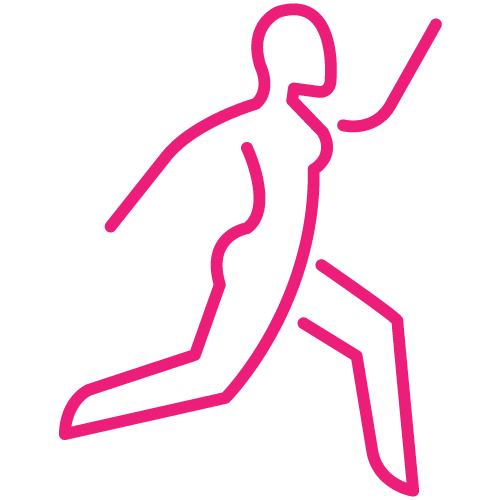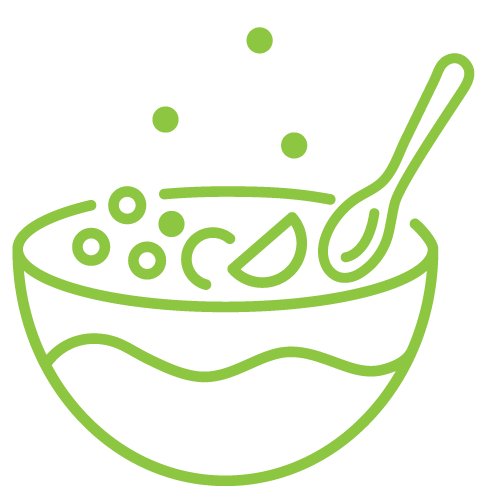
A Guide To Healthy Eating
There are foods that can bring a too high caloric load to the body. Understanding the difference between tat calories, carbohydrate calories and protein calories is important in order to replace fats with more fiber and protein. This way we’ll be having fewer calories and supplementing our body a healthier way.
FATS
Fats have 9 calories per gram, while proteins have only 4 calories per gram plus our body processes each type of calorie differently.
RESTRICTION FOODS
The foods that should be eaten with a little more restriction are: carbohydrates in refined forms (white bread, rice, noodles, sugar, sweets, etc.) and saturated fats (fried, lard, butters and animal fats, etc.).
MINIMIZE SUGAR
It is very important to minimize sugar consumption. It is also advisable to reduce the consumption of red and fatty meats such as beef, fried foods and high-calorie foods.
FIBERS
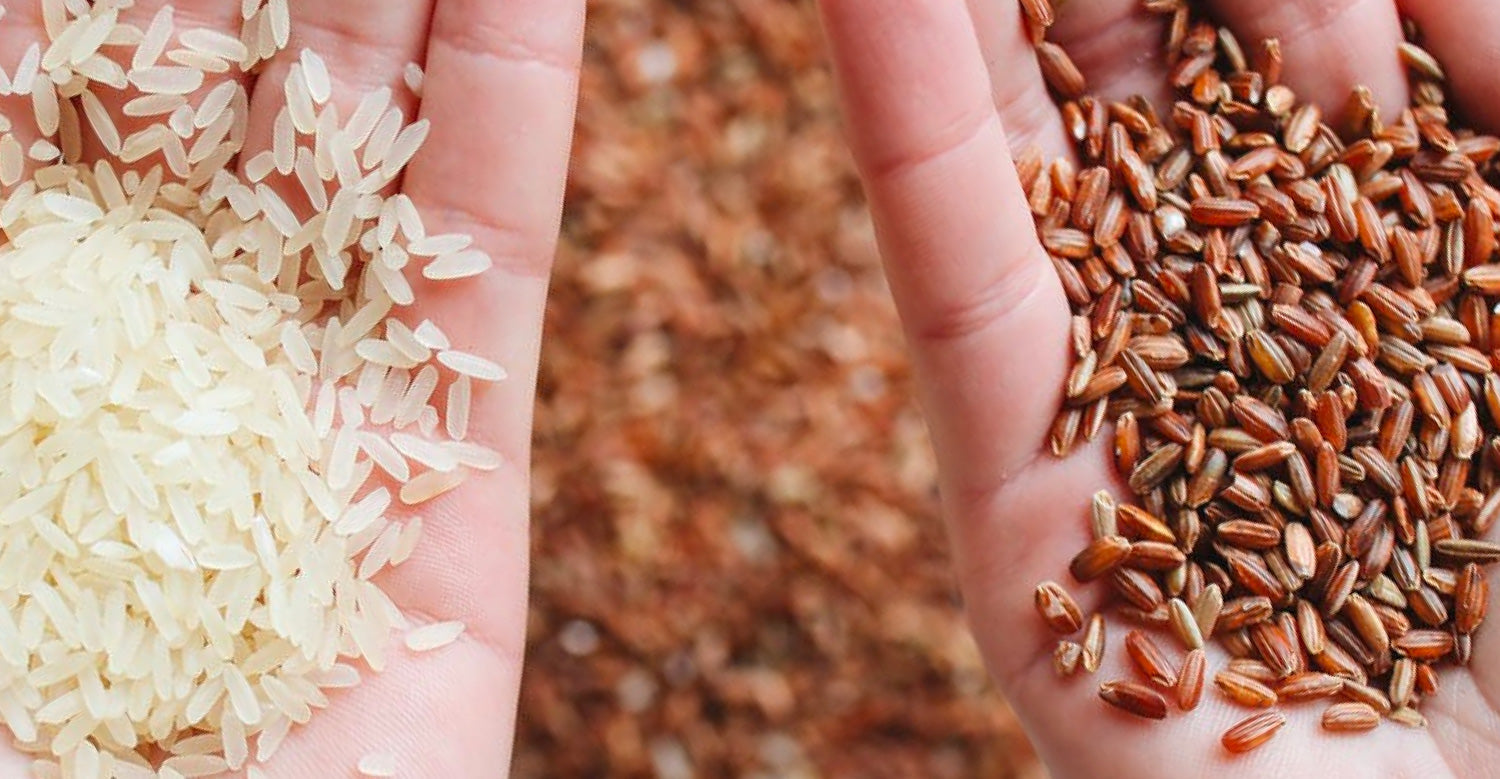
TYPES OF FIBERS: Soluble vs. Insoluble
Soluble fibers benefit the circulatory system, which helps maintain blood pressure & cholesterol. Soluble fiber is found in oat bran, barley, nuts, seeds, and lentils. Insoluble fibers benefit the digestive system by adding bulk and softness to stool it is found in foods such as wheat bran, vegetables, and whole grains.
Refined, processed foods, and "fast food" tend to lack the fiber required for optimal health. Therefore, many people may not be getting their recommended daily fiber intake. It’s important to have the correct fiber mixture to stabilize effect on the glucose level & get that feeling of “fullness”.
This program recommends foods that contain a high degree of protein, and are low in fat and carbohydrates. Sufficient proportions of the above nutrients without exceeding 30% of suggested fat intake are an integral part of the weight loss program.
PROTEIN
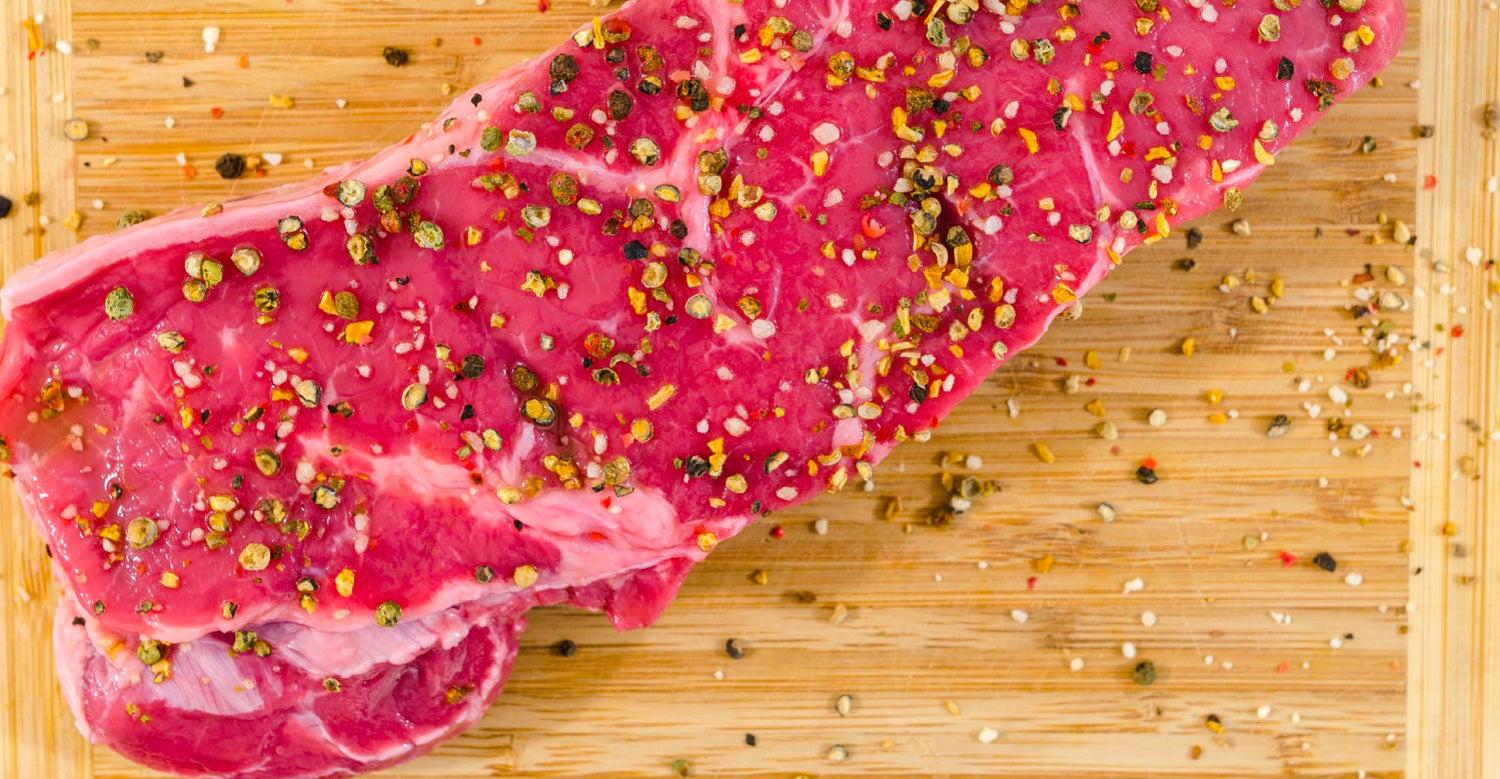
Protein is an essential nutrient that helps to repair, nourish and protect the delicate tissue (muscle) during the weight loss program. The types of protein to consume should include “complete protein” which contains all the essential amino acids. Since your body cannot produce protein it’s important for you to consume it daily. Protein must be combined with carbohydrates to provide its maximum benefit.
CARBOHYDRATES
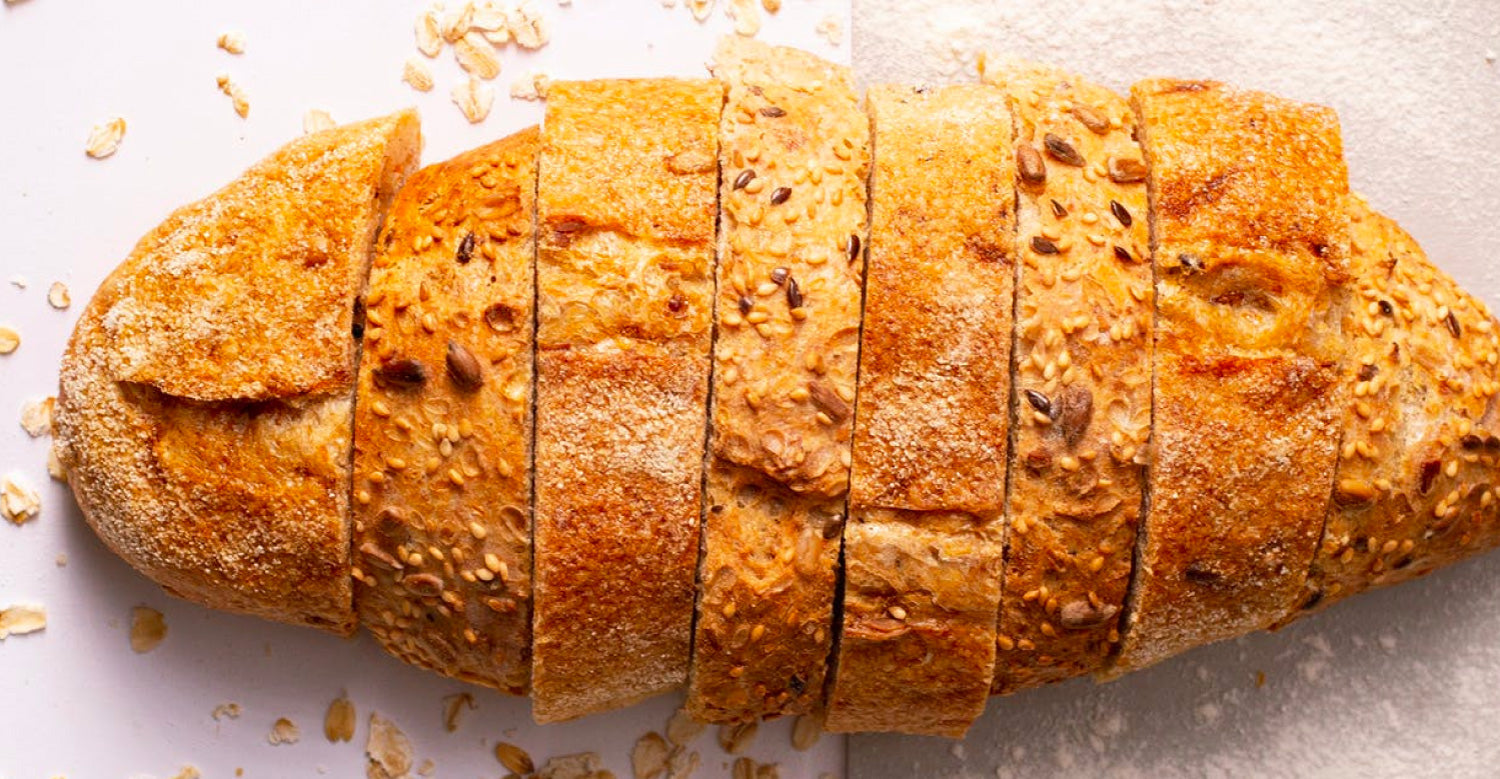
CARBOHYDRATES – SIMPLE & COMPLEX
Simple carbohydrates are rapidly absorbed by the body. Some examples are sodas and sweets. On the other hand, complex carbohydrates are slowly absorbed and include whole grains, fiber-rich fruits (apples, berries, bananas), fiber-rich vegetables (broccoli, carrots) and beans. Remember, it’s important to intake both types of carbohydrates in your diet.
It’s recommended that the majority of the carbohydrates be consumed early in the day preferably before 2:00 p.m.
FAT
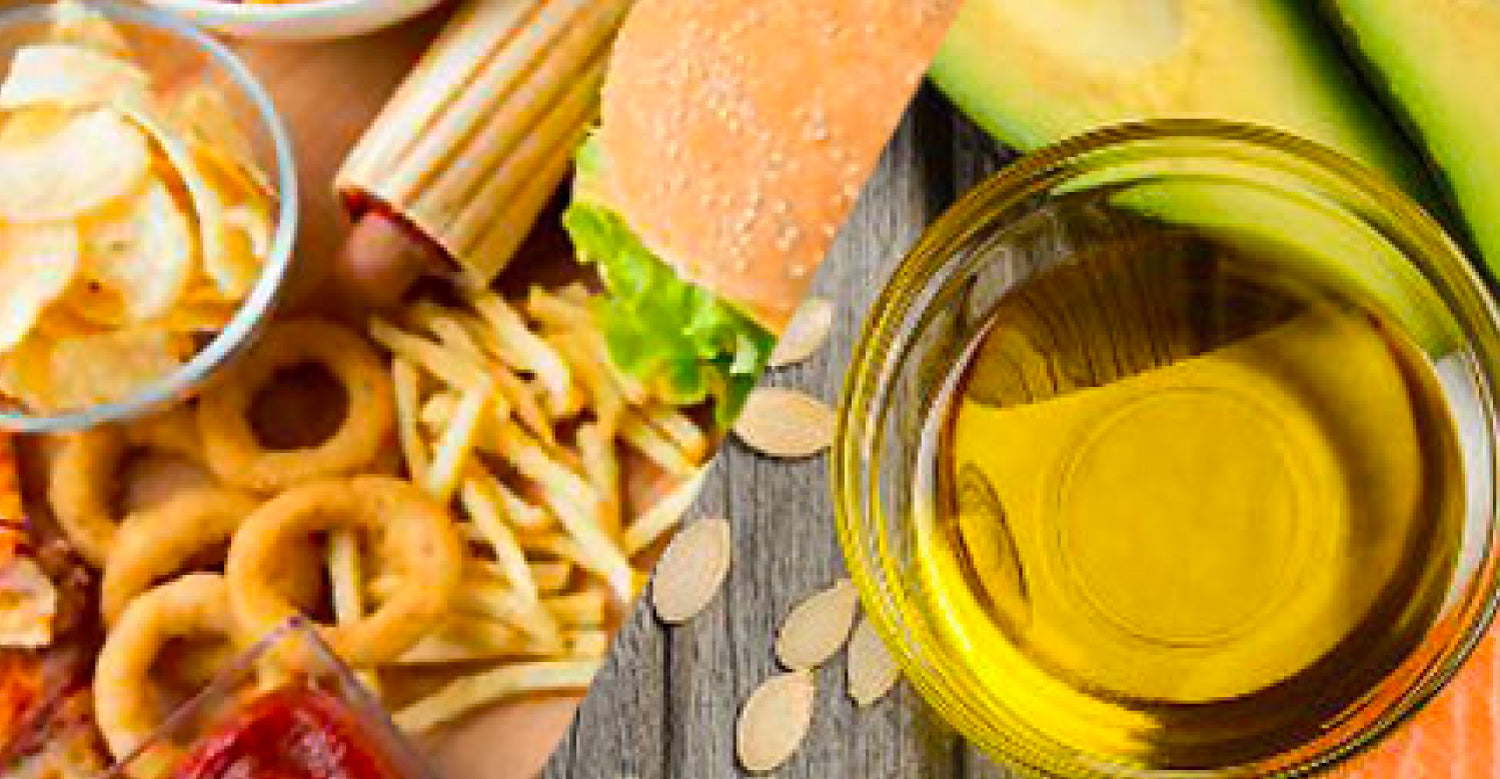
Fat has three basic functions: insulation, source of alternative energy and storage. The consumption of fat should not exceed 30% of your daily calorie consumption.
NOTE: (Eliminating fat from your diet must be avoided because fat is necessary for maintaining good health and reducing hunger).
OUR ADVICE ON NUTRITIONAL PLANNING
- Never reduce your calorie consumption below 1000 calories without being supervised by a doctor.
- Remember to eat regularly, don’t kill yourself from hunger! The drastic restriction of calories may reduce your metabolic rate and make you gain weight.
- Train your body to burn calories eating regularly and moderately.
- Try eating the majority of carbohydrates before 2:00 p.m.
- Try to protein with every meal
- Drink at least 8 cups of water daily.

IMPORTANT
Any person with high blood pressure, diabetes, heart disease, kidney, thyroid, pernicious anemia, or any other disease should consult a doctor before beginning any weight loss program. This also includes pregnant and breastfeeding women, people under 18 years of age and people who are taking prescription medicine. Weight loss varies from person to person and is directly related to the reduction of your daily food consumption. For better results, use a low-fat diet, including 8 glasses of water daily and a moderate exercise program.

